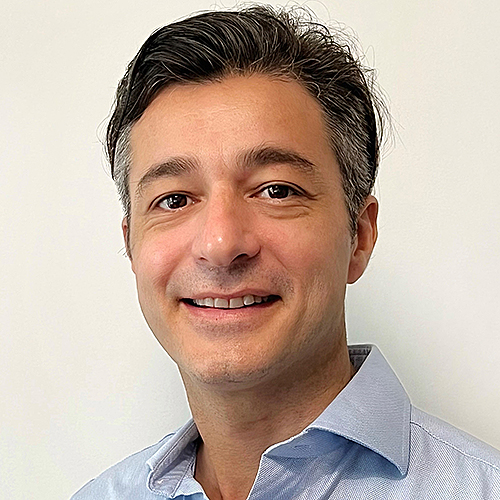The world has rapidly become a liquid market. Since the financial crisis of 2008, central banks have been printing record amounts of money. Currently there is about US$9.7 trillion as a result of quantitative easing and foreign exchange intervention, "liquidity is everywhere and people are finding it difficult to find homes for their money and things to store value in", says Keith Wade, chief economist and strategist at Schroders.
Despite the expected normalization of US monetary policy next year, Wade predicts that liquidity will continue to rise in 2015 due to other central banks such as the People's Bank of China beginning to cut interest rates. "We are in this environment where bad news in the economy can get you liquidity," he notes.
The increase of cash in the marketplace has had a significant impact on investing strategies globally with investors looking for new ways to put their money to work. “There is too much money chasing too few assets,” remarks Wade.
With less correlation between markets widely predicted for 2015, investors may soon have more investing options. "While there is still a dependency, what happens in the developed world will over time have less impact on some less export-oriented emerging markets as they become more focused on their own consumer base," says Colin Tippling, chief investment officer at Friends Provident International (FPI), in an interview with The Asset.
Based on Schroders findings, developing markets have lagged in growth when compared to developed markets "in the past, you always thought that when equities in the developed world were doing well, the emerging markets equities were also doing well," says Wade. However, due to stagflation in Brazil and the slight slowdown in China "the emerging economies are behind".
Often working closely with their Asian fund managers, FPI is “starting to see a trend towards people taking a multi-asset and diversified risk approach”, remarks Tippling. When looking at 2015, he stresses the need for his clients to stick with their long-term investment strategies "customers panic when they see volatility in the market and quickly sell out," he says. "I worry that when customers see volatility in the market, they will make bad decisions."
FPI has discovered that in the last 20 years, if you missed the best 40 days of the Hang Seng Index, your investment could be down as much as 80%. However, if you had stayed fully invested, your return could've been as high as 150%.









